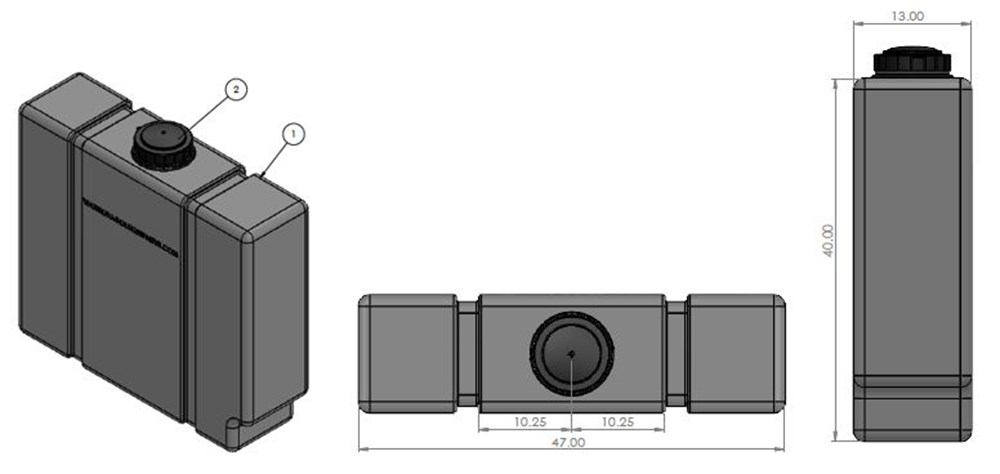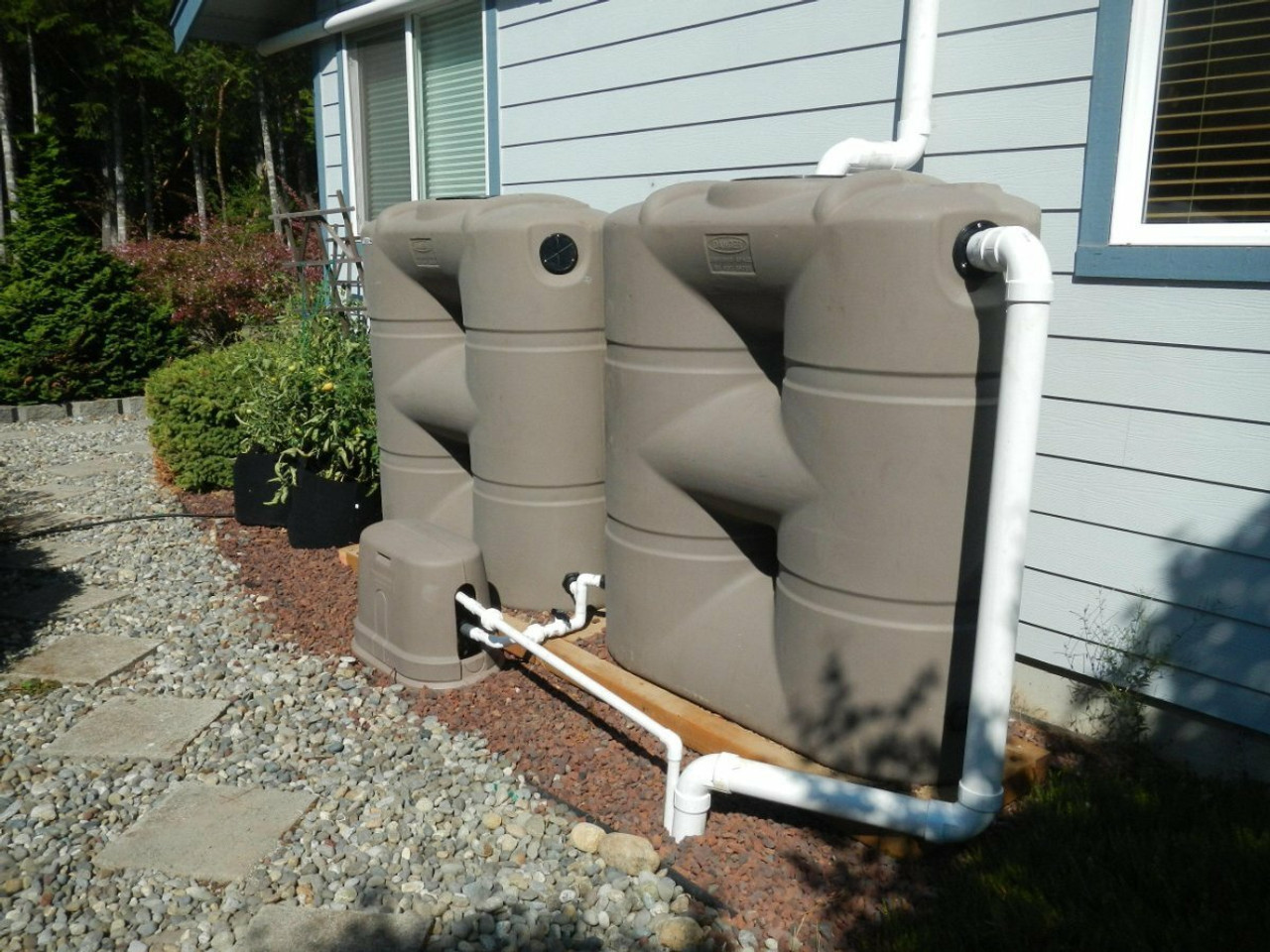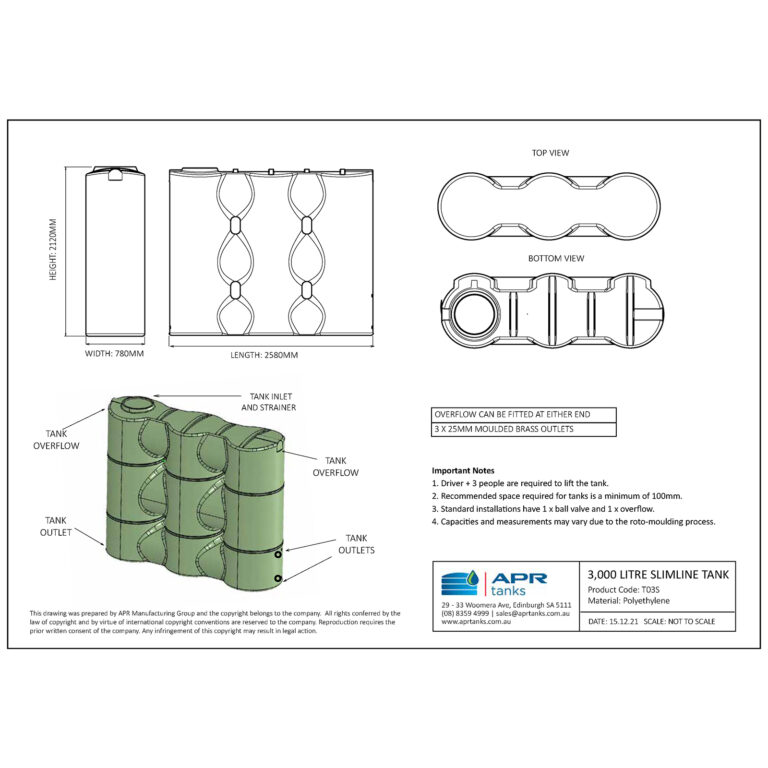Slimline Water Tanks: Elegant and Practical for Modern Houses
Slimline Water Tanks: Elegant and Practical for Modern Houses
Blog Article
Unveiling the Conveniences of Rain Tanks in Minimizing Water Bills and Ecological Influence
In a world where sustainability and cost-efficiency are progressively crucial, the application of rainwater storage tanks offers a useful and ecologically aware solution. The advantages of incorporating rain containers into domestic or industrial residential or commercial properties prolong past mere water expense decreases. By checking out the complex benefits of such systems, one can uncover a riches of understandings right into just how they add to an extra lasting future while favorably affecting both finances and the environment.
Price Savings Through Rain Containers
When considering the execution of rain containers, substantial expense financial savings can be accomplished with effective water administration methods. Rainwater collecting supplies a sustainable solution that not just minimizes water bills however also lessens the pressure on metropolitan water sources. By catching and saving rain for numerous non-potable uses such as irrigation, commode flushing, and washing, families and organizations can significantly lower their dependence on treated water from the grid, leading to significant price savings in time.
By using collected rainwater for tasks that do not need safe and clean water, such as watering yards or cleaning automobiles, people can decrease their general water intake from the mains supply, resulting in decreased water expenses. In addition, rain tanks can assist minimize the impact of water limitations or dry spells by giving an alternative water resource for crucial tasks, ensuring continuity in water supply without incurring too much costs.

Ecological Influence Decrease
Carrying out rain storage tanks not only causes price savings but also adds dramatically to lowering the ecological impact associated with water usage. By capturing rain that would otherwise escape right into storm drains pipes, rain storage tanks help alleviate stress on conventional water sources like rivers and tanks. This decreased demand for municipally dealt with water results in power cost savings and a decrease in the carbon impact related to water treatment and circulation processes.
Furthermore, making use of rainwater for activities such as gardening, watering, and washing lowers the requirement for making use of treated water for non-potable objectives. This preservation of potable water aids in preserving water sources for vital usages and minimizes the energy-intensive procedures included in dealing with water to satisfy alcohol consumption standards.

Water Bill Reduction Conveniences
The installment of rain containers provides substantial financial advantages through decreases in water expenses. By gathering and storing rain for numerous family uses, such as sprinkling yards, flushing commodes, or doing washing, property owners can considerably decrease their dependence on the local water system. This, consequently, results in a noticeable decrease in water intake from conventional sources, causing lower water costs at the end of each invoicing cycle.
Rainwater is a cost-free and sustainable source that can supplement or also replace the demand for using cured water for non-potable functions. Consequently, households with rain containers like it can see a significant decline in their general water expenses with time. Furthermore, throughout durations of water restrictions or drought, having a rain storage tank can offer a useful different water source, further minimizing the dependence on expensive metropolitan water supplies.
Fundamentally, buying a rain container not just contributes to ecological conservation but likewise uses tangible financial benefits by minimizing water bills and promoting long-lasting expense financial savings for homeowners.
Sustainable Water Administration Solutions
Provided the financial advantages and minimized reliance on local water materials that rainwater tanks provide, discovering sustainable water monitoring options becomes a sensible next dig this action for homeowners looking to optimize their water usage. By making use of rain tanks to record and store rainwater, homeowners can minimize their dependence on conventional water resources, such as community materials or groundwater, therefore adding to water conservation initiatives.

In addition to rainwater harvesting, sustainable water administration solutions may include applying water-efficient devices, fixtures, and landscaping practices - Slimline water tanks. Setting up low-flow bathrooms, showerheads, and taps can considerably decrease water usage within families. In addition, incorporating drought-resistant plants and utilizing smart watering systems can aid minimize water usage for outdoor landscaping. By taking on these lasting water management methods, homeowners can not only enhance their water usage but also add to ecological conservation and lower their water expenses in the future.
Area Water Resource Conservation

In addition, area participation can include the application of water-saving technologies and practices on a bigger range. Motivating the fostering of rain containers, greywater recycling systems, and reliable irrigation methods within neighborhoods can lead to substantial reductions in water intake. In addition, fostering a sense of cumulative responsibility for water preservation can promote sustainable actions and practices amongst neighborhood participants.
In addition, community water source preservation efforts can pave the way for stronger bonds amongst homeowners and a common dedication to environmental stewardship. By functioning with each other to safeguard and protect water resources, areas can add dramatically to a more sustainable and resistant future.
Verdict
In conclusion, rain storage tanks use substantial cost financial savings, ecological benefits, and contribute to sustainable water administration services. By decreasing water costs, preserving water sources, and reducing ecological influence, rain containers play a vital duty in promoting water preservation and sustainability - Slimline water tanks. visit this web-site Their execution not only advantages individual homes but also adds to the wider objective of area water source management and conservation
Report this page